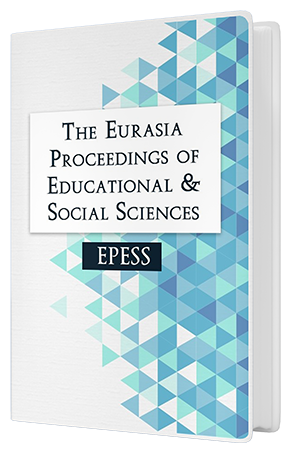The First Model of Family Education on the Delivery of Bilingual British NCC Digital Literacy Qualifications in Dalian, China – Engaging and Motivating Children
Keywords:
Children education, Digital literacy, Social community, ICT, MotivationAbstract
It is well known that economic change in China has been both huge and rapid. Emerging children’s education in technology has seen a significant challenge. As parents become more involved and busier with their work matters, their children run the risk of either being neglected to a degree of pressure that is applied on them to do better in exams, so as to “climb the social ladder" more easily. How to motivate children in technology education is an even more critical challenge. Having synthesised the relevant theories that underpin the Family Education Model, this paper reports Tulip Community Academy (China) as a social service organisation; shares its successful experience on how to undertake social responsibility to support children education in digital literacy, as well as illustrates the model using various cases including the one on how to understand data and data analysis. Tulip regulated its organisation and then achieved the accreditation awarded by British NCC Education Digi Programmes as a partner centre. The innovation began with the digital literacy delivery for 5-9 years old as well as their parents. Some of their parents are mothers who used to be teachers but have not been back to work since their childcare commitments; some are fathers who work in IT/Software industries. Tulip Family Education model consists of macro teaching technologies, whilst the micro teaching enabling better communicating to children.Downloads
Published
Issue
Section
License
Copyright (c) 2020 The Eurasia Proceedings of Educational and Social Sciences

This work is licensed under a Creative Commons Attribution-NonCommercial-ShareAlike 4.0 International License.
The articles may be used for research, teaching, and private study purposes. Any substantial or systematic reproduction, redistribution, reselling, loan, sub-licensing, systematic supply, or distribution in any form to anyone is expressly forbidden. Authors alone are responsible for the contents of their articles. The journal owns the copyright of the articles. The publisher shall not be liable for any loss, actions, claims, proceedings, demand, or costs or damages whatsoever or howsoever caused arising directly or indirectly in connection with or arising out of the use of the research material. All authors are requested to disclose any actual or potential conflict of interest including any financial, personal or other relationships with other people or organizations regarding the submitted work.




